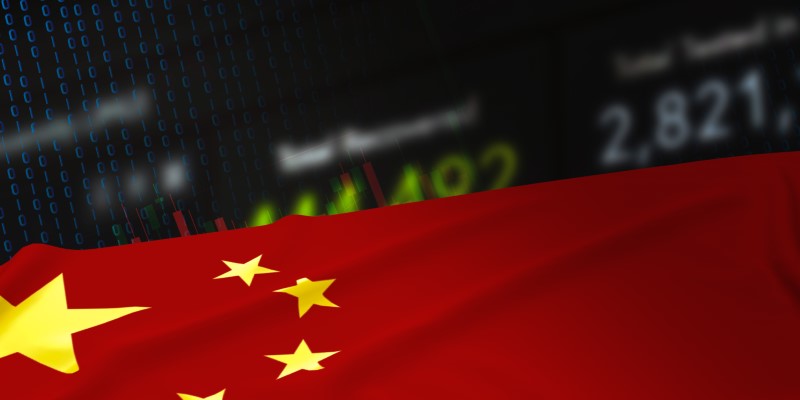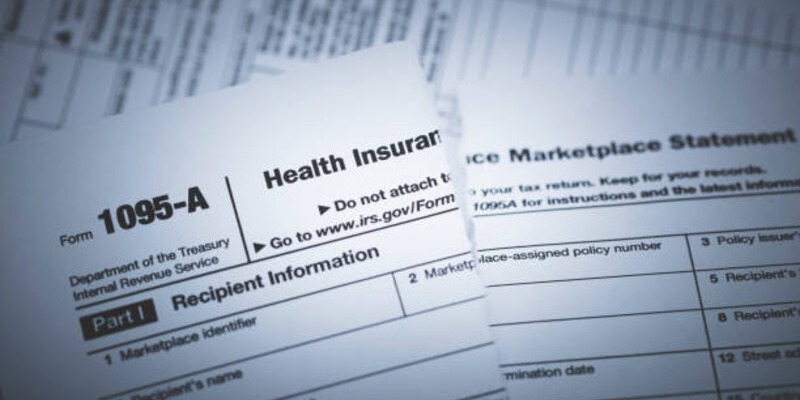

Inside the China Securities Regulatory Commission: Market Oversight and Investor Safeguards in 2024
Oct 31, 2024 By Elva Flynn
The China Securities Regulatory Commission (CSRC) has been a key pillar in shaping China's financial market. As of 2024, its role has expanded with new reforms and regulations aimed at addressing the rapidly evolving capital markets, ensuring investor protection, and fostering market stability.
With China's financial markets growing in complexity, the CSRC is tasked with monitoring the domestic markets and collaborating internationally to maintain integrity. In this article, we will explore the CSRC's role, responsibilities, investor protection strategies, and overall impact on the financial ecosystem.
What is the CSRC?
The China Securities Regulatory Commission (CSRC) is the primary regulatory body responsible for overseeing China's securities and futures markets. Established in 1992, it operates under the State Council, China's chief administrative authority. The CSRC's mandate is to ensure the orderly functioning of the markets, protect investors, and maintain the stability of the financial system.
It supervises a wide range of activities, including securities trading, corporate disclosures, mergers, and initial public offerings (IPOs). The CSRC also collaborates with international regulatory bodies, such as the U.S. Securities and Exchange Commission (SEC), to streamline cross-border financial regulations.
Key Responsibilities of the CSRC
By 2024, the CSRC will have focused on several core areas to ensure the robustness of the financial markets.
One of its primary responsibilities is regulating securities trading. This involves setting standards for how stocks, bonds, and other financial instruments are bought and sold on Chinese exchanges. The CSRC plays an integral role in enforcing transparency in the trading process, ensuring that investors have access to accurate and up-to-date information.
Another significant responsibility is overseeing corporate disclosures. The CSRC ensures that publicly traded companies disclose relevant financial information to investors, helping create a level playing field. In 2024, regulations have become stricter, particularly in the realm of program trading and algorithmic trading, to address potential risks associated with advanced trading technologies.
The CSRC also supervises IPOs and mergers and acquisitions (M&A) activities. Its role is to vet companies looking to go public, ensuring that they meet regulatory requirements. In recent years, the commission has placed a greater emphasis on fostering the growth of domestic companies through market-driven M&A processes.
In addition to these functions, the CSRC is responsible for protecting the rights of investors, particularly small and retail investors, who are more vulnerable to market volatility and unethical practices such as insider trading. The commission has introduced stringent measures to address fraudulent activities in the market, imposing severe penalties for violations.

Investor Protection in 2024
Investor protection has become a top priority for the CSRC, especially as China's capital markets grow and attract an increasingly diverse pool of investors. By 2024, the CSRC has implemented a series of reforms aimed at ensuring transparency and fairness, making the market safer for both institutional and retail investors.
One of the most notable efforts is the introduction of the Regulations on the Management of Program Trading, which specifically addresses the risks associated with algorithmic trading. The CSRC has recognized that as program trading becomes more widespread, it presents unique challenges that can undermine market stability. The new regulations aim to prevent practices that might distort market prices or disadvantage smaller investors.
Additionally, the CSRC has strengthened its enforcement against insider trading and market manipulation. Companies are now required to provide more detailed disclosures to the public, and the commission regularly conducts audits to ensure compliance. Investors can feel more secure knowing that there are mechanisms in place to safeguard their interests.
In terms of legal recourse, the CSRC has also bolstered its support for retail investors by simplifying the process of filing complaints and seeking compensation in cases of market malpractice. Furthermore, the commission has introduced education programs to help smaller investors understand the complexities of the market, thereby enabling them to make more informed decisions.
Pros and Cons of the CSRC
Like any regulatory body, the CSRC has its advantages and challenges.
Pros of the CSRC:
Market Stability: The CSRC plays a crucial role in maintaining market stability. Its tight control over securities trading and company disclosures ensures that markets operate in a transparent and orderly manner, which is essential for building investor confidence.
Investor Protection: The CSRC has made significant strides in protecting investors, particularly through regulations that limit unethical practices like insider trading and market manipulation.
International Collaboration: The CSRC's efforts to align its practices with global standards, especially in partnership with organizations like the SEC, have helped integrate China's markets more seamlessly with the international financial system.
Cons of the CSRC:
Overregulation Concerns: While regulation is necessary, there are concerns that the CSRCs extensive oversight might stifle innovation and growth. Smaller companies sometimes struggle with the high compliance costs associated with meeting the commission's requirements, especially when looking to go public or engage in cross-border activities.
Bureaucracy: Given that the CSRC operates under the State Council, it can sometimes be slow to adapt to new financial trends. This has led to delays in the approval of IPOs and other market activities, frustrating market participants.
Limited Recourse for Foreign Investors: While the CSRC collaborates with foreign regulators, international investors have occasionally found it difficult to navigate the legal framework in China, especially when it comes to recovering damages from market misconduct.

Conclusion
The China Securities Regulatory Commission (CSRC) remains a pivotal institution in shaping the landscape of China's capital markets. As of 2024, the commission has taken proactive steps to ensure the stability of the markets, protect investors, and maintain transparency. While there are concerns about the extent of regulation and its impact on market agility, the overall benefits of having a stringent regulatory body far outweigh the drawbacks.
The CSRCs role in both domestic and international markets will continue to evolve as China solidifies its position in the global financial system. Investors, especially those venturing into Chinas rapidly growing market, can rest assured that the CSRC is committed to fostering a fair and transparent trading environment.
-
 Know-how Oct 05, 2023
Know-how Oct 05, 2023Major Characteristics of Esurance Insurance
Esurance is a well-known insurance company that provides customers with a wide range of coverage options. This company is known for offering an easy and convenient way to purchase insurance online. In this article, we will take a closer look at Esurance and what it has to offer to help you determine if this company is the right choice for your insurance needs
-
 Investment Jan 07, 2024
Investment Jan 07, 2024Unraveling Form 1095-B: Health Coverage - What it is and How it Works
Learn all about Form 1095-B: Health Coverage. Understand what it is, how it works, and how it impacts your tax filing.
-
 Know-how Nov 30, 2023
Know-how Nov 30, 2023Safeguarding Your Data on Free Wi-Fi: A Comprehensive Guide
This comprehensive guide provides essential tips and best practices for staying secure while using public Wi-Fi. The content includes network-level precautions, device-specific measures, and information on emerging cybersecurity threats.
-
 Taxes Mar 17, 2024
Taxes Mar 17, 2024What to Know About the Differences Between Sales Tax and Use Tax?
Do you want to understand the variances between sales tax and use tax? Give this article a read to discover the disparities and implications of each for your business.